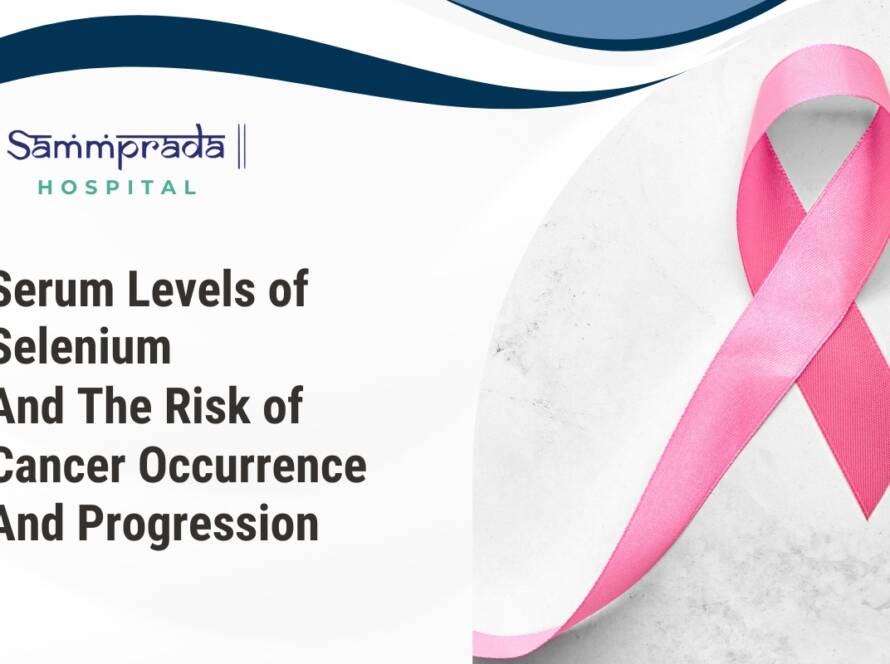Introduction
As per the World Health Organization (WHO), more people succumb to cancer globally than malaria, tuberculosis, and HIV combined. Given the morbidity involved, it is vital in oncology to take care of both your physical and mental wellbeing in cancer health. Cancer tends to affect the mind, apart from the body, which is reflected in disturbed emotional health. The common feelings following a cancer diagnosis include depression, anxiety, and fear.
It is important to diagnose mental health changes at an early stage. However, such comorbid conditions when associated with cancer, usually fail to be diagnosed or treated adequately. Individuals with depression might have worse cancer-related outcomes as they are less likely to follow treatment plans or undergo regular screening processes for prevention.
Epidemiology:
- i) Upto one-third of cancer patients treated in the hospital have a common mental wellbeing in cancer health conditions,
- ii) Rates of major depressive disorder are up to three times higher among cancer patients than in the general population.
- iii) 8-24% of cancer patients are living with depression,
- iv) Among cancer patients, youth and young adults are at greater risk for depression and mental health conditions when compared with adults.
Barriers to diagnosing mental health conditions:
Mental health conditions such as depression and anxiety, share similar symptoms with cancer such as fatigue, lack of sleep, and decreased appetite which confounds the diagnosis. The cancer care team may not be specifically trained to recognize mental wellbeing in cancer health conditions. Given the resources incurred for cancer care, seeking mental health is relegated to inferiority.
Treatment:
Evidence shows that cancer patients who receive treatment for mental health conditions have fewer symptoms of depression and longer average survival times than those with more symptoms. Such individuals see improvement in their wellbeing following appropriate treatment and are likely to complete their cancer care and thus have a better quality of life.
Some easier ways to take care of physical and mental health include:
- ⦁ Get regular exercise: Exercise enhances mood and simultaneously keeps you physically fit. A 10-minute walk daily can increase your mental alertness, enabling an energetic and good mood.
- ⦁ Eat a proper diet: A balanced diet rich in fruits and vegetables, and low in fats and processed foods can make you feel better physically and mentally. Making a diet plan with a qualified nutritionist will help you.
- Avoid alcohol, smoking, and drugs. The sense of good feeling following the intake of alcohol, cigarettes, or drugs is temporary but comes at a serious cost to health. The far-reaching impact of sustained substance use on physical and mental health is dreadful.
- Get enough sleep: Sound sleep for around seven to nine hours during the night and also a 30-minute nap during the day can make you feel more alert.
- Try relaxation techniques. Deep breathing, meditation, and focusing on positive thoughts can all help when you are feeling stressed. These relaxation methods are known to contribute to good health.
- Seek help from others: Communicating with Your loved ones eg.: friends or family members can help you feel relaxed.
- Be organized with your time and medical information: Since cancer is a chronic ailment, upkeep of medical records and their regular updation and perusal will enable compliance to treatment and adherence to the follow-up regimen. Re-organization of Your daily routine involves prioritizing treatment-related activities around other needful actions,
- ⦁ Embrace your passion: It is important to dwell and be involved in Your passion such as drawing, painting, designing, stitching, etc. Listen to inspiring podcasts. Listening to famous orators who narrate philosophy interspersed with good slogans can facilitate alternate lines of thinking. Your thought process will not focus on the illness during these times.
- Connect with people with whom You have socialized earlier: Keep in touch with those who were with you in your needs. This will go a long way in sharing your perils and pleasures.
- Never take things for granted: This is what all cancer survivors should note. The slightest of the symptoms should be brought to the notice of your treating Physician.
- Value self-worth.
Conclusion
The diagnosis of cancer elicits feelings such as fear, anxiety, and hopelessness, which can negatively affect the patient’s frame of mind. The healthcare system at Sammprada onco+wellness Center ensures advanced clinical practices that enable better patient outcomes and enhanced quality of life, as well as foster hope to reduce the anxiety of patients. Our systems ensure the paradigm shift in cancer prognosis from that of a disease with fatal outcomes to that of an organ-specific strata of diseases – some of which can be cured, almost all being treated, and for many the possibility of a long-term disease-free survival.


